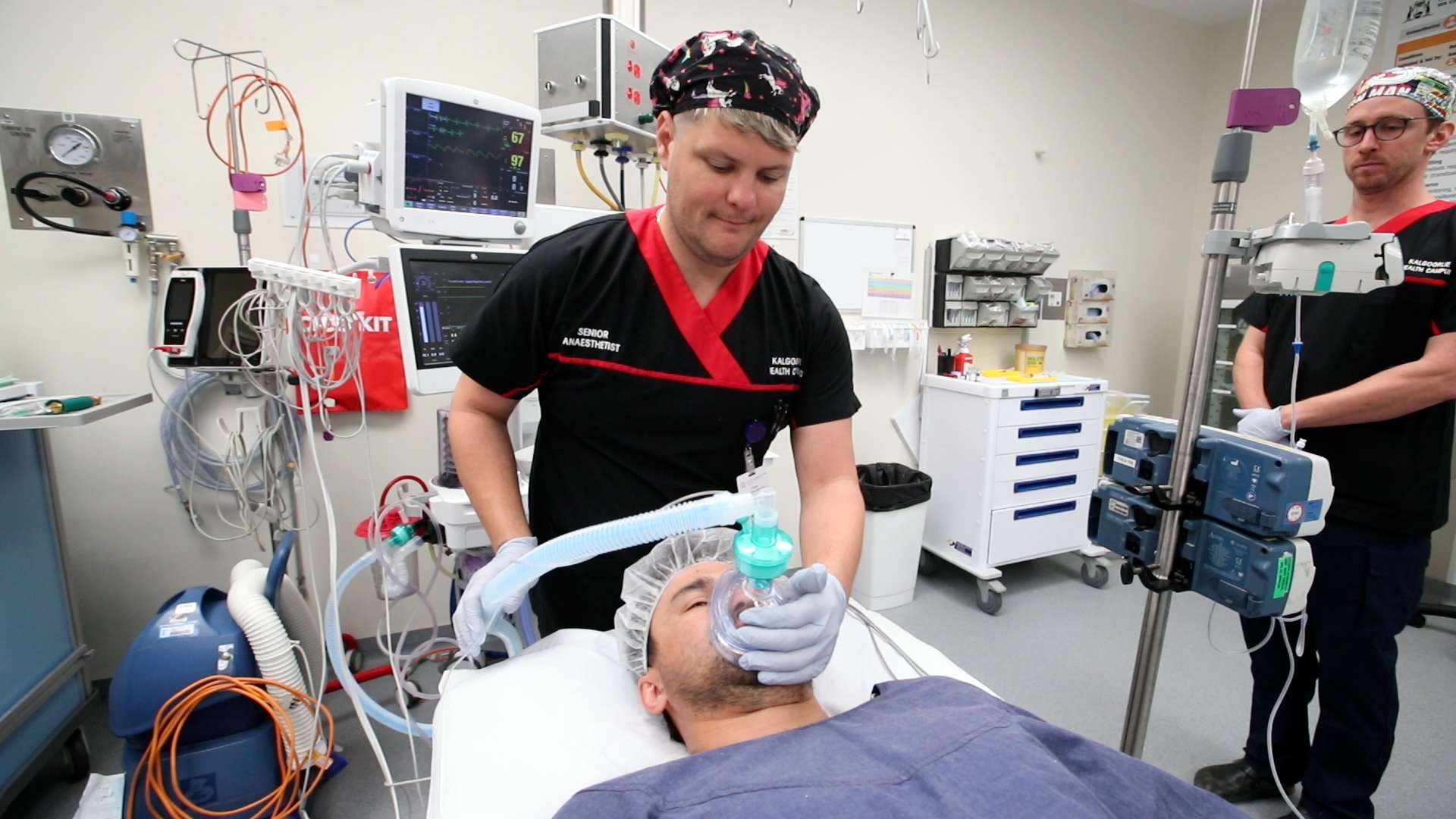
An influx of ACRRM registrars in the remote Western Australian mining town of Kalgoorlie is having a positive impact on the delivery and outcomes of local healthcare.
Within 12 months of ACRRM-led training, seven ACRRM registrars have opted to undertake their Fellowship training in the region.
WA Director of Training Dr Chris Buck says the attraction to training in Kalgoorlie is largely due to the number of Advanced Specialist Training (AST) options available.
"The region offers the opportunity to undertake a procedural or non-procedural career in secondary and primary care, where it’s most needed,” Chis says.
“There has been an increased focus on the end-to-end RG training model in the Goldfields region, and we have had outstanding success attracting registrars.
“We are able to showcase the differences of rural generalism, compared to general practice, and demonstrate the broad scope of practice and diverse career progression.
“On top of that, it is evident that the Rural Generalist (RG) model produces a viable workforce that can serve the bespoke needs of rural, remote and First Nations communities.
“Registrars can choose from a broad range of ASTs including adult internal medicine, pediatrics, obstetrics and gynecology, population health, and remote health through the Royal Flying Doctor Service.”
“Anaesthetics was recently added with the Kalgoorlie hospital anaesthetics department being accredited under the new 2023 Rural Generalist Anaesthetics program, a joint initiative of ACRRM, the Australia New Zealand College of Anaesthetists, and the Royal Australian College of General Practitioners.”
“There are also a number of FACRRM providing supervisory support to registrars, either in situ or remotely.
“I am incredibly proud of where we have come in Kalgoorlie, and the increased opportunities for training that are coming up throughout the state.”

